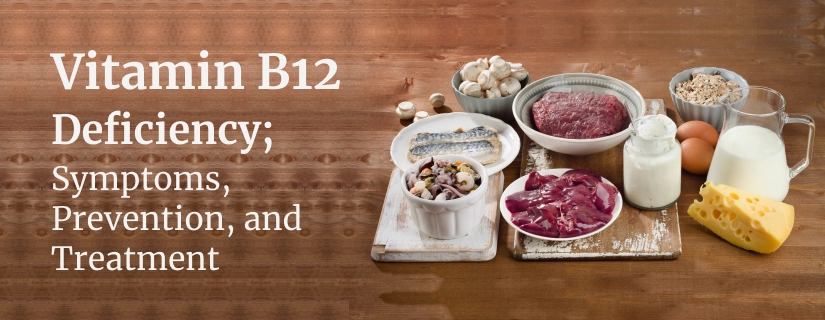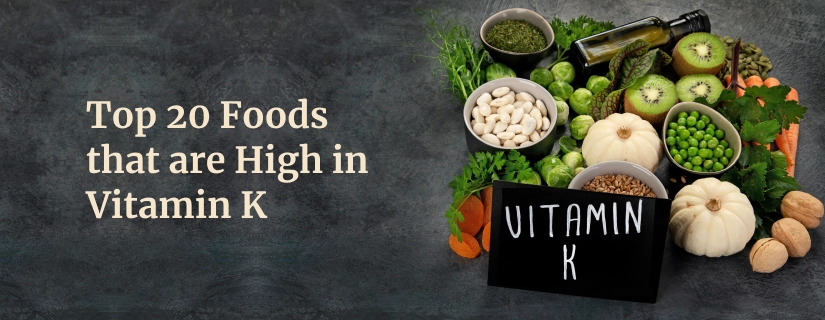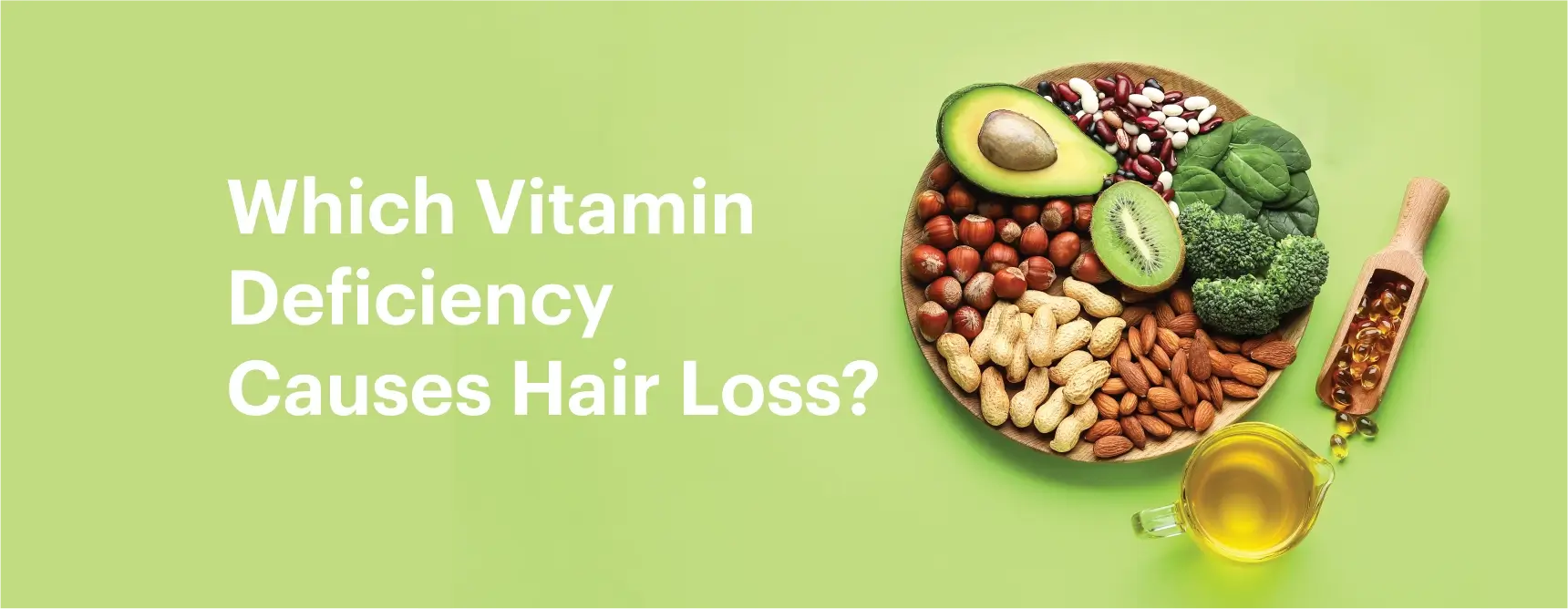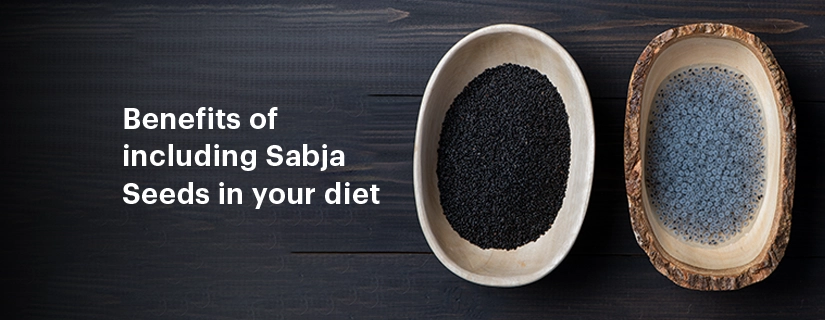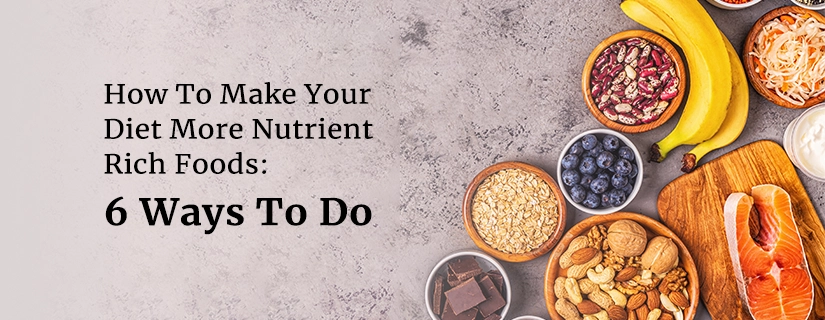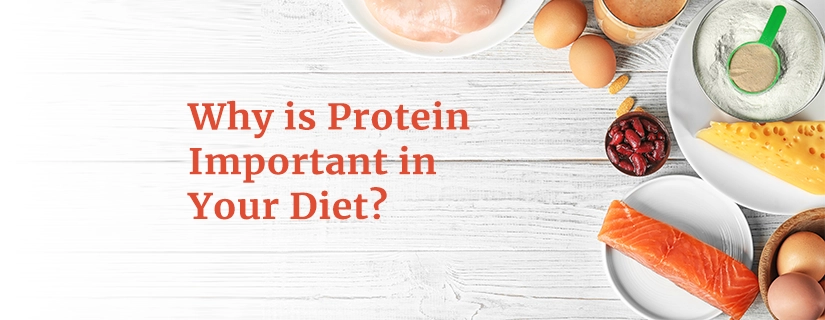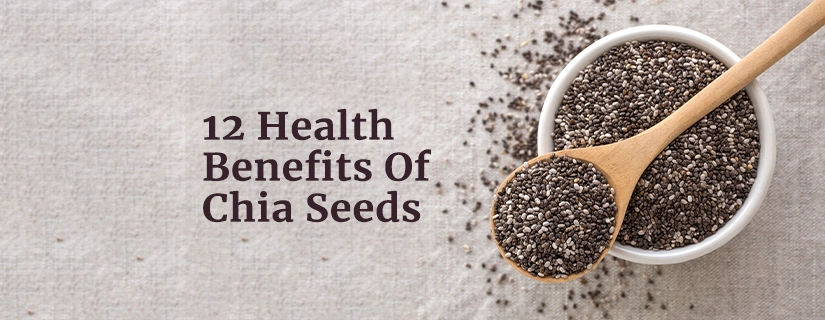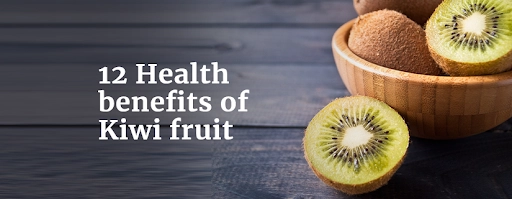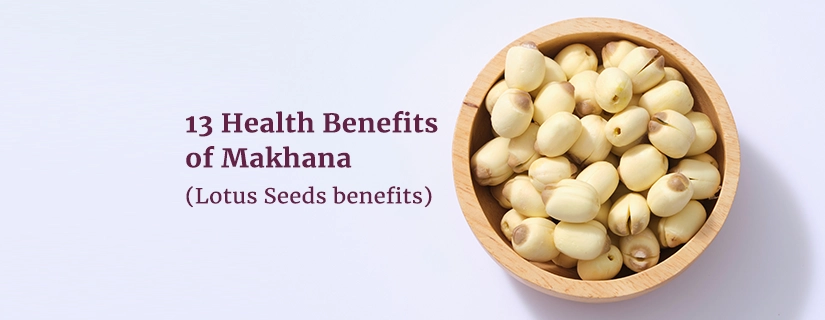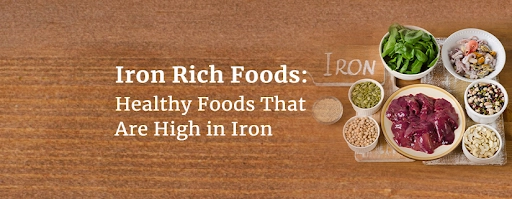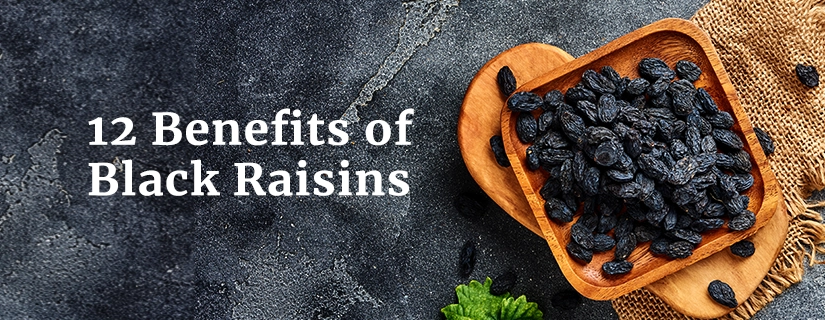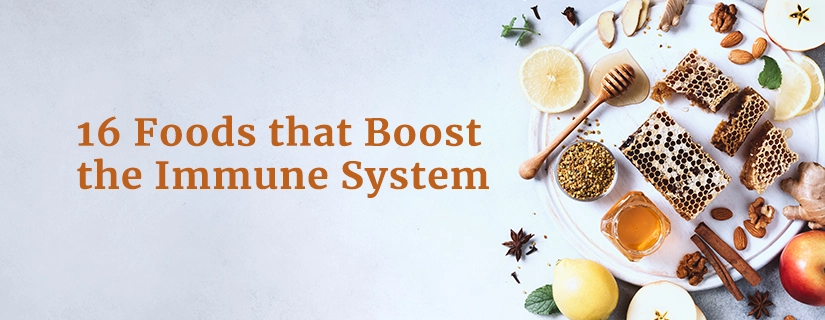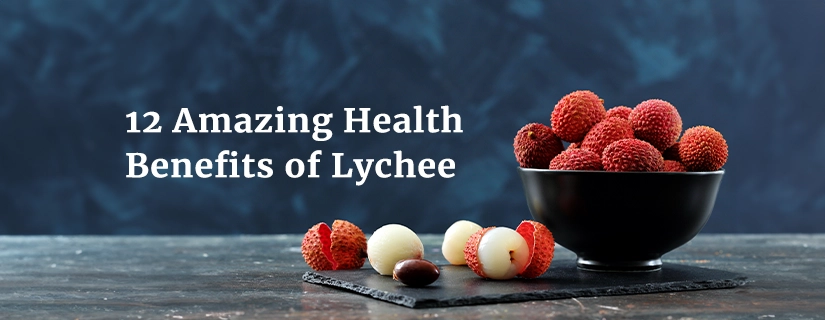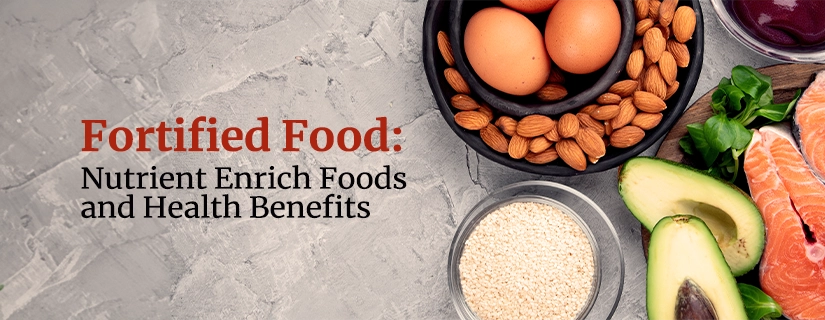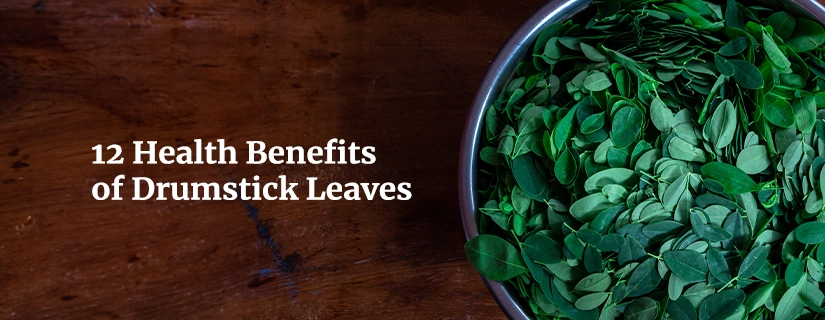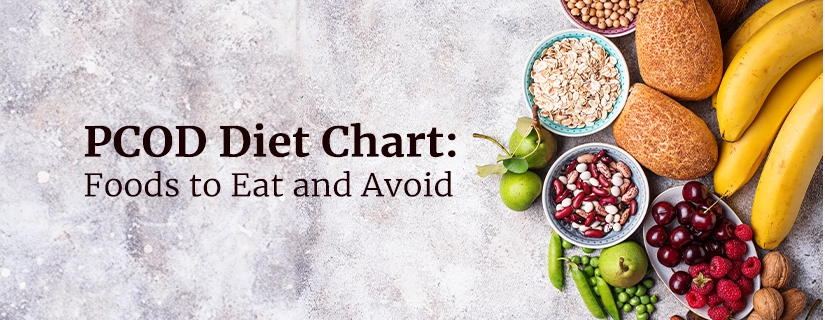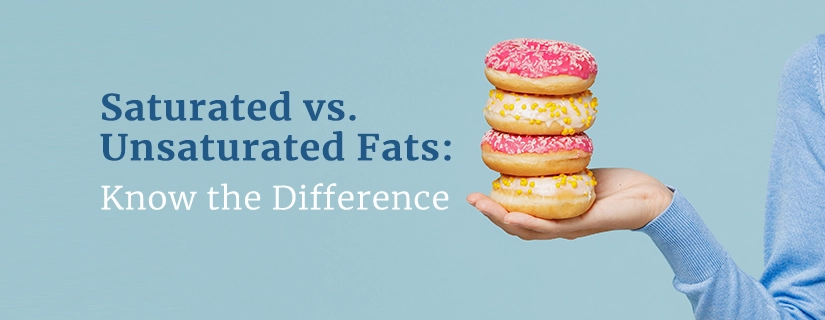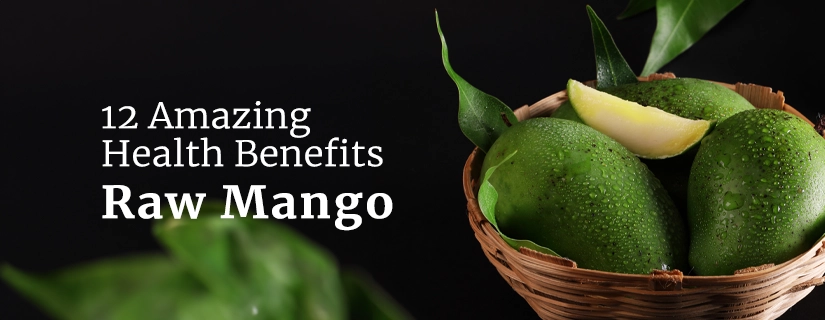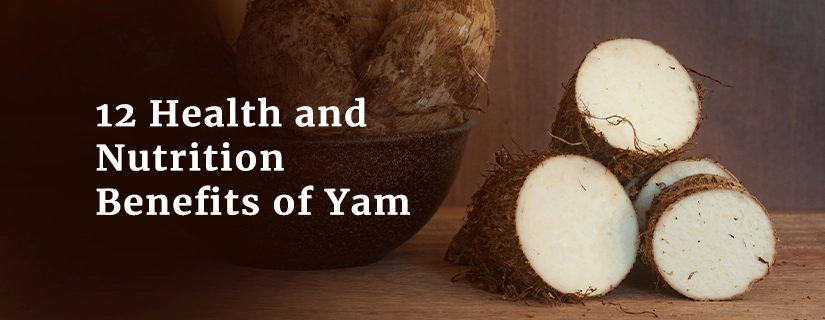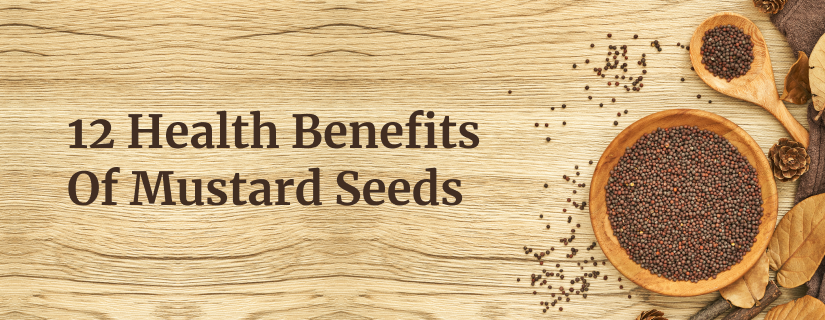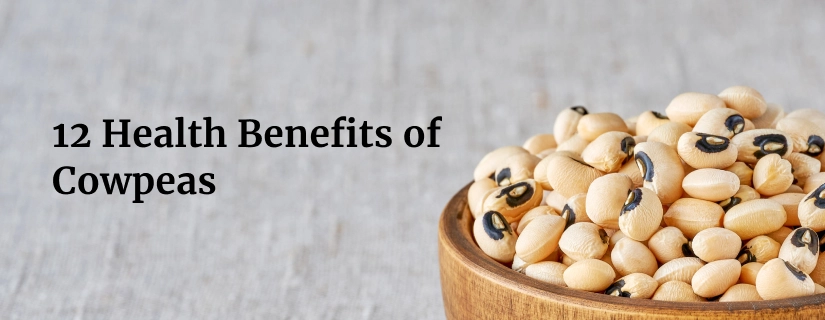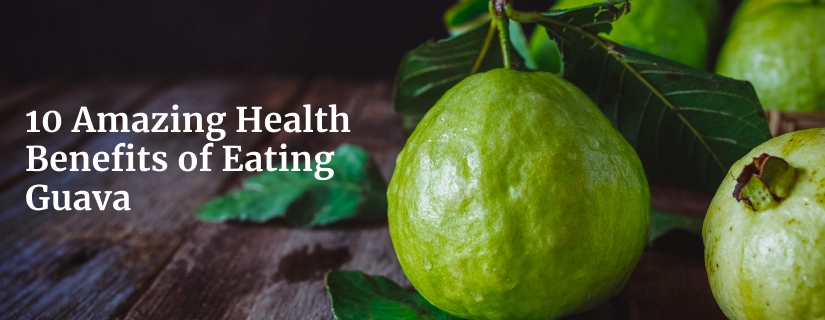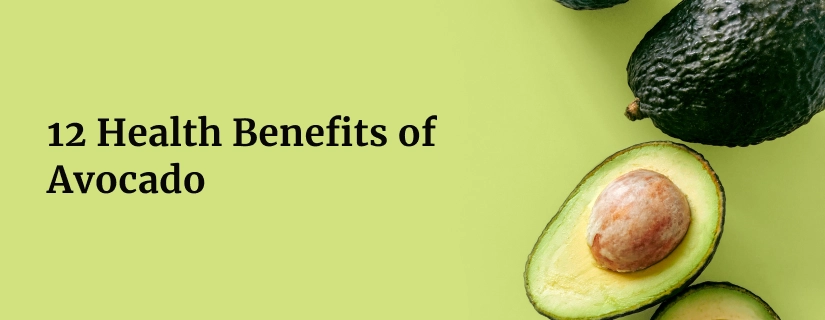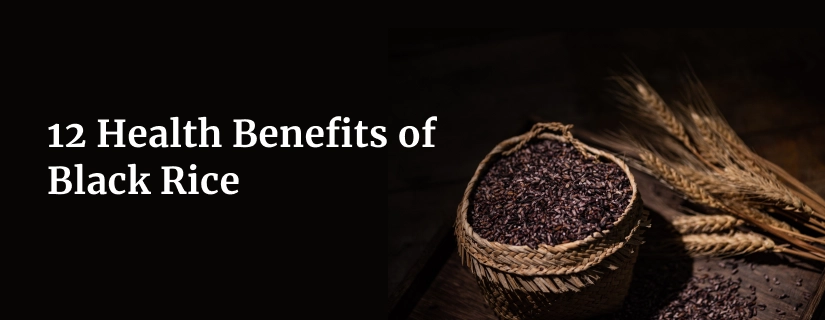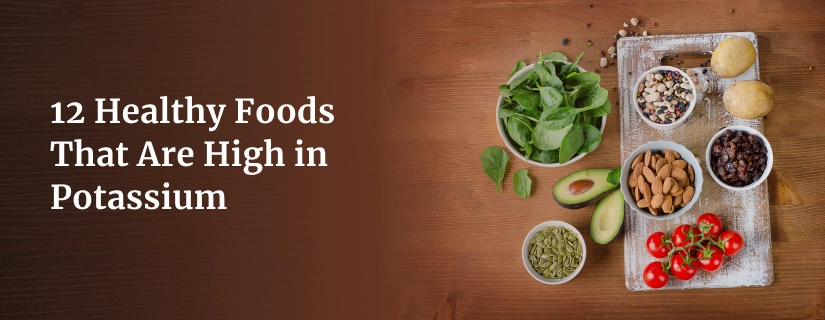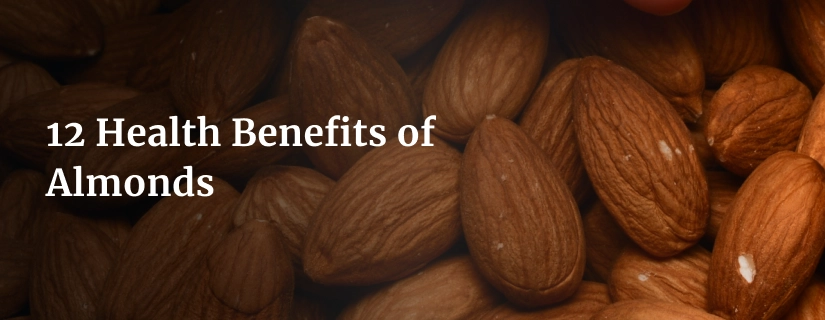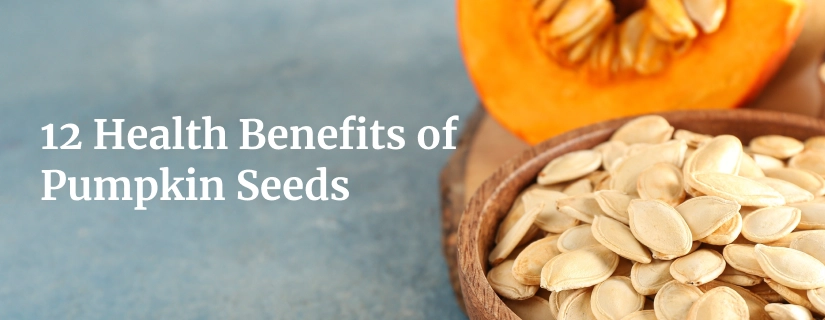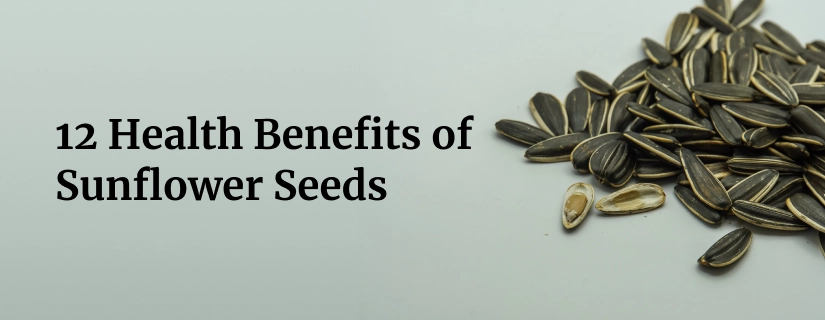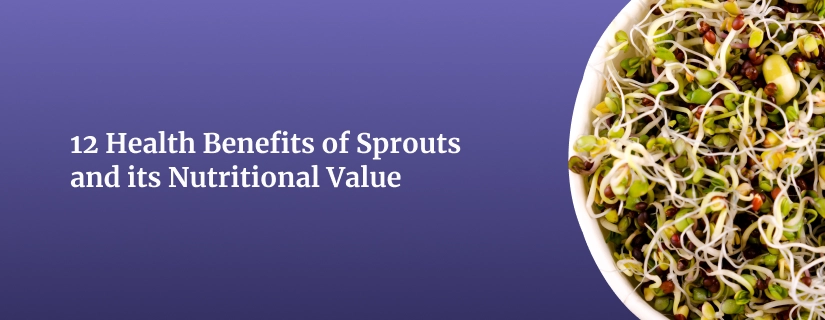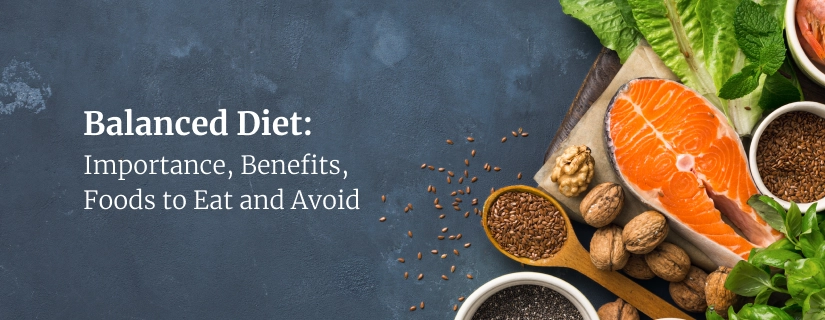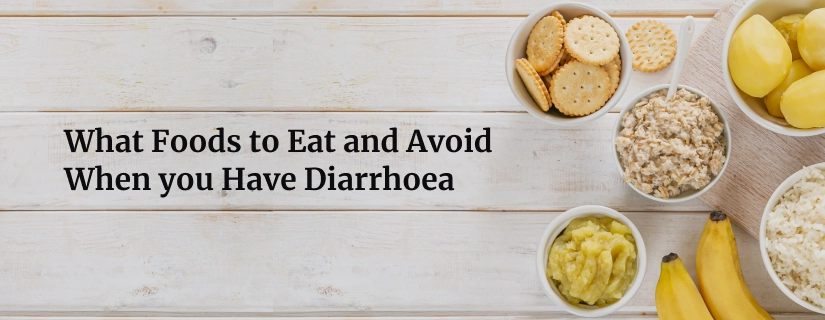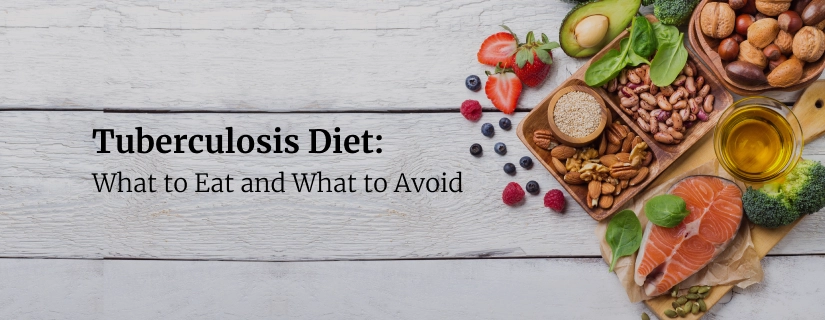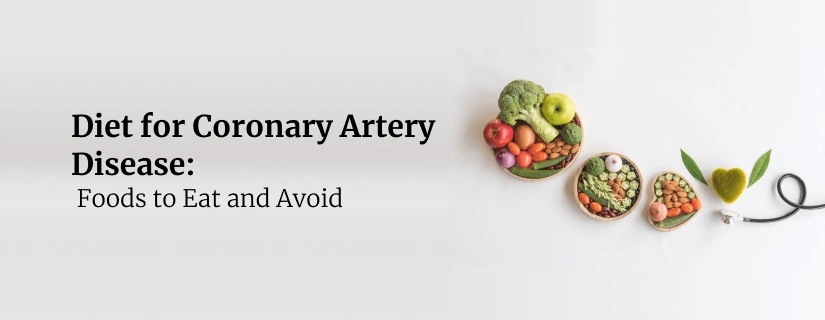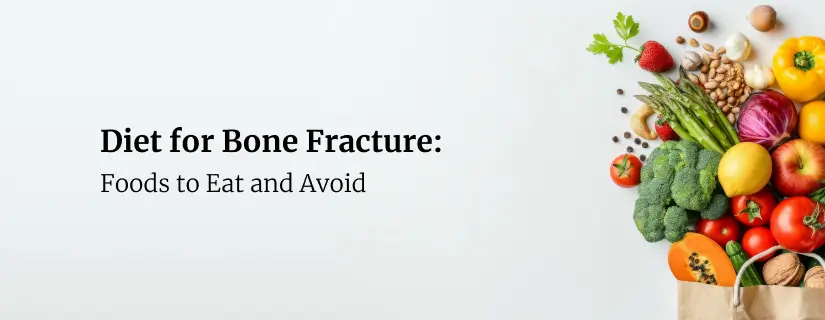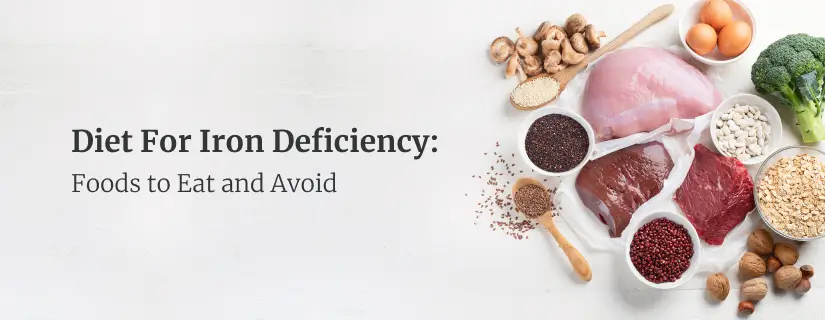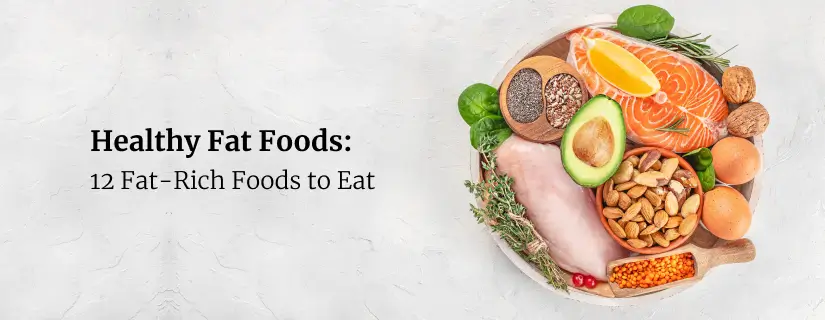-
Doctors
-
Specialities & Treatments
Centre of Excellence
Specialties
Treatments and Procedures
Hospitals & Directions HyderabadCARE Hospitals, Banjara Hills CARE Outpatient Centre, Banjara Hills CARE Hospitals, HITEC City CARE Hospitals, Nampally Gurunanak CARE Hospitals, Musheerabad CARE Hospitals Outpatient Centre, HITEC City CARE Hospitals, Malakpet
HyderabadCARE Hospitals, Banjara Hills CARE Outpatient Centre, Banjara Hills CARE Hospitals, HITEC City CARE Hospitals, Nampally Gurunanak CARE Hospitals, Musheerabad CARE Hospitals Outpatient Centre, HITEC City CARE Hospitals, Malakpet Raipur
Raipur
 Bhubaneswar
Bhubaneswar Visakhapatnam
Visakhapatnam
 Nagpur
Nagpur
 Indore
Indore
 Chh. Sambhajinagar
Chh. SambhajinagarClinics & Medical Centers
Book an AppointmentContact Us
Online Lab Reports
Book an Appointment
Consult Super-Specialist Doctors at CARE Hospitals
Yoghurt: Types, Health Benefits, Risks
Updated on 18 April 2023

Table of Content
Yoghurt is a dairy product usually made by fermenting milk. It provides important essential nutrients like protein and calcium and is generally associated with the idea of improving and promoting good gut health.
Yoghurt imparts a range of good health benefits that are undeniable, and it is mostly preferred to the main ingredient from which it is derived – milk. So what are the yoghurt health benefits?
As a milk derivative, yoghurt or curd, as we call it, provides a lot of animal protein as a vegetarian food option. It contains a good dose of animal protein for those who either don't eat meat or other animal-derived protein voluntarily or have been specifically prohibited due to medical or other reasons. Additionally, it is rich in other nutrients such as calcium, vitamin B-2, vitamin B-12, potassium, and magnesium. Yoghurt is especially popular as a "probiotic", which means it promotes "good/ friendly bacteria". It has been regarded as a friendly food for good gut health. Although this area is still under further research to establish its claims, there are a few profound health benefits derived from yoghurt.
Health Benefits
Promotes good gut health
As a direct benefit of eating yoghurt or curd, it has been stated that it promotes good gut health by promoting and supporting the good or friendly bacteria culture in our body. While there is still a lot of research required to prove its efficacy, a lot of benefits have been noticed in relieving gastrointestinal conditions such as lactose intolerance, constipation, diarrhoea, and inflammatory bowel diseases, among others.
Boost Immune System
Although these claims are interlinked, it is believed that boosting the immune system is one of the benefits of eating curd daily. As a probiotic factor, yoghurt is also generally believed to boost the immune system by helping with the maintenance of good bowel movement and enhancing recovery from infection.
Helps Relieve Osteoporosis and Other Conditions
Due to being a treasure of calcium, curd plays a major role in providing the essential micronutrients for treating osteoporosis. Eating curd has also been shown to reduce the risk of high blood pressure in various population age brackets. A 2014 study claimed that eating yoghurt can help protect against the likelihood of developing type-2 diabetes.
Benefits of yoghurt for females
Females, especially diabetic women, often suffer from a bout of yeast infection, commonly caused by "Candida". In a study, it was found that women who consumed curd on a daily basis showed a decrease in the candida culture even when blood sugar levels were not controlled.
Types of Yoghurt
There are several types of yogurts available in the market. These include:
1. Low-fat or Non-fat
Non-fat yoghurt is made from skimmed or low-fat milk, which has a low percentage of fat.
2. Kefir
Yoghurt made in liquid form is widely popular as kefir. It is also a good source of probiotics. Kefir can be made at home easily by adding kefir grains to milk and allowing it to stand for 12 to 24 hours.
3. Greek Yoghurt
Greek yoghurt is a thick and creamy version which is high in protein. It is often used as dips or in cooking. Low-fat Greek yoghurt, being rich in protein, can be a healthy addition to the diet. The benefits of Greek yogurt include improvement of bone health, support in gut health and faster muscle recovery, as well as promoting healthy body composition, and it can be eaten while fasting as it can help keep one full for a longer time.
4. Skyr
Much similar to Greek yoghurt, Skyr is the Icelandic version of yoghurt, which has a higher amount of protein and is denser and creamier than Greek yoghurt in texture.
5. Frozen Yoghurt
Frozen yoghurts are often thought to be a healthier alternative to ice creams, but they contain almost the same amount of sugar and fat as ice cream.
6. Non-dairy yoghurt
Non-dairy yoghurt is made from soy milk or coconut milk.
Is Yoghurt Bad for Us?
Not all types of yoghurt are healthy. Some forms of yoghurt, like non-dairy or frozen yoghurt, may contain high quantities of unnecessary sugar additives, which may reduce the efficacy & health benefits.
- Naturally manufactured yoghurt is low-calorie, low-fat, and high in nutritional value. More often, manufacturers add several sweeteners and additives that make the yoghurt unhealthy for us.
- Although naturally made yoghurt contains natural sugars, consumers are advised to look for 15 grams of sugar per serving or less.
- The lower the amount of sugar, the better it is unless there are other artificial sweeteners added that reduce the efficacy of yoghurt.
- Some products may be available in the market that may be labelled as "made with real yoghurt" or "yoghurt based". Such products only contain yoghurt powder that is made by heating yoghurt, which actually kills the good bacteria. So, it's better to avoid such products.
With the emerging trends and craze about yoghurt, and small, independent studies demonstrating the benefits of yoghurt, scientists have called for more rigorous research. They are also urging industries to use yoghurt in a way that maximises the utilisation and potential of this food for the larger population.
Diet For Yoghurt
A well-balanced diet that includes yogurt can provide essential nutrients for overall health. Here are some dietary tips for incorporating yogurt into your meals:
- Begin with plain, unsweetened yogurt and add natural sweetness with fruits, unsweetened applesauce, or a modest amount of pure maple syrup or honey.
- Steer clear of pre-packaged fruit and yogurt desserts, as they frequently contain excessive added sugars.
- Opt for yogurt as a substitute for butter or oil when baking.
- Utilize plain Greek yogurt in place of sour cream as a topping for baked potatoes or tacos.
- Choose a nutritious yogurt option that boasts a higher protein content per serving compared to sugar.
- Sprinkle chopped nuts, such as almonds or walnuts, and seeds like chia or flaxseeds on top for added protein, healthy fats, and crunch.
- Have a small serving of yogurt as a snack between meals to curb hunger and provide a protein boost.
FAQs
1. Is yoghurt and curd the same?
Yes, yogurt and curd are essentially the same. The term "yogurt" is commonly used in Western countries, while "curd" is more commonly used in South Asian countries. Both are fermented dairy products made by adding beneficial bacteria to milk, resulting in a thickened, tangy product.
2. Can I eat yoghurt every day?
Yes, you can eat yogurt every day as part of a balanced diet. It is a good source of protein, calcium, and probiotics, which are beneficial for gut health. However, be mindful of added sugars in flavored yogurts and choose plain, unsweetened varieties for a healthier option.
3. Is yogurt good for the skin?
Yogurt can have benefits for the skin. Its lactic acid content may help exfoliate the skin, promoting a smoother complexion. Additionally, the probiotics in yogurt may contribute to overall skin health. Some people use yogurt in DIY face masks for its potential moisturizing and soothing properties.
4. What not to eat with yogurt?
While yogurt is versatile and can be paired with various foods, it is advisable to avoid combining it with foods that may interfere with its probiotic benefits. For instance, extremely hot or spicy foods may affect the live cultures in yogurt. It's also essential to be cautious with excessive consumption of yogurt if you are lactose intolerant.

ENQUIRY FORM
SELECT CATEGORIES
-
Neurosciences (16)
-
Neurology (38)
-
Neurosurgery (14)
-
Orthopaedics (48)
-
Oncology (33)
-
Obstetrics and gynecology (52)
-
Pulmonology (23)
-
Urology (20)
-
Nephrology (13)
-
Psychiatry (7)
-
Dietetics and Nutrition (111)
-
General Medicine (63)
-
Cardiac Sciences (32)
-
Vascular & Endovascular Surgery and Interventional Radiology (15)
-
Gastroenterology (46)
-
Endocrinology (23)
-
Plastic Surgery (10)
-
Critical Care Medicine (5)
-
COVID-19 (16)
-
Dermatology (16)
-
Emergency Care (1)
-
Ophthalmology (4)
-
Pediatrics (14)
-
Laparoscopic and Bariatric Surgery (8)
-
ENT (15)
-
Kidney Transplant (1)
-
Liver Transplantation and Hepatobiliary Surgery (5)
-
General Surgery (3)
-
Internal Medicine (5)
-
Medicine Information
Top 10 Foods to Improve Vitamin B12
Pregnancy Diet Plan for Each Trimester
YOU MAY ALSO LIKE
RECENT BLOGS
-

Rotablation Angioplasty: Benefits, Treatments, And Recovery Time
6 February 2026
Read More
-

What Is The Difference Between IUI and IVF?
6 February 2026
Read More
-

Pulmonary Stenosis: Symptoms, Causes, Diagnosis and Treatments
6 February 2026
Read More
-

Difference between Angioplasty and Angiography
6 February 2026
Read More
-

Hemoptysis (Coughing Up Blood): Causes, Treatment and Home Remedies
2 February 2026
Read More
-

Leg Weakness: Causes, Symptoms and Treatment
9 January 2026
Read More
-

Back Pain After C-Section: Causes and Home Remedies
9 January 2026
Read More
-

Belly Button Pain (Periumbilical Pain): Causes, Treatment and When to See a Doctor
9 January 2026
Read More
Have a Question?
If you cannot find answers to your queries, please fill out the enquiry form or call the number below. We will contact you shortly.










